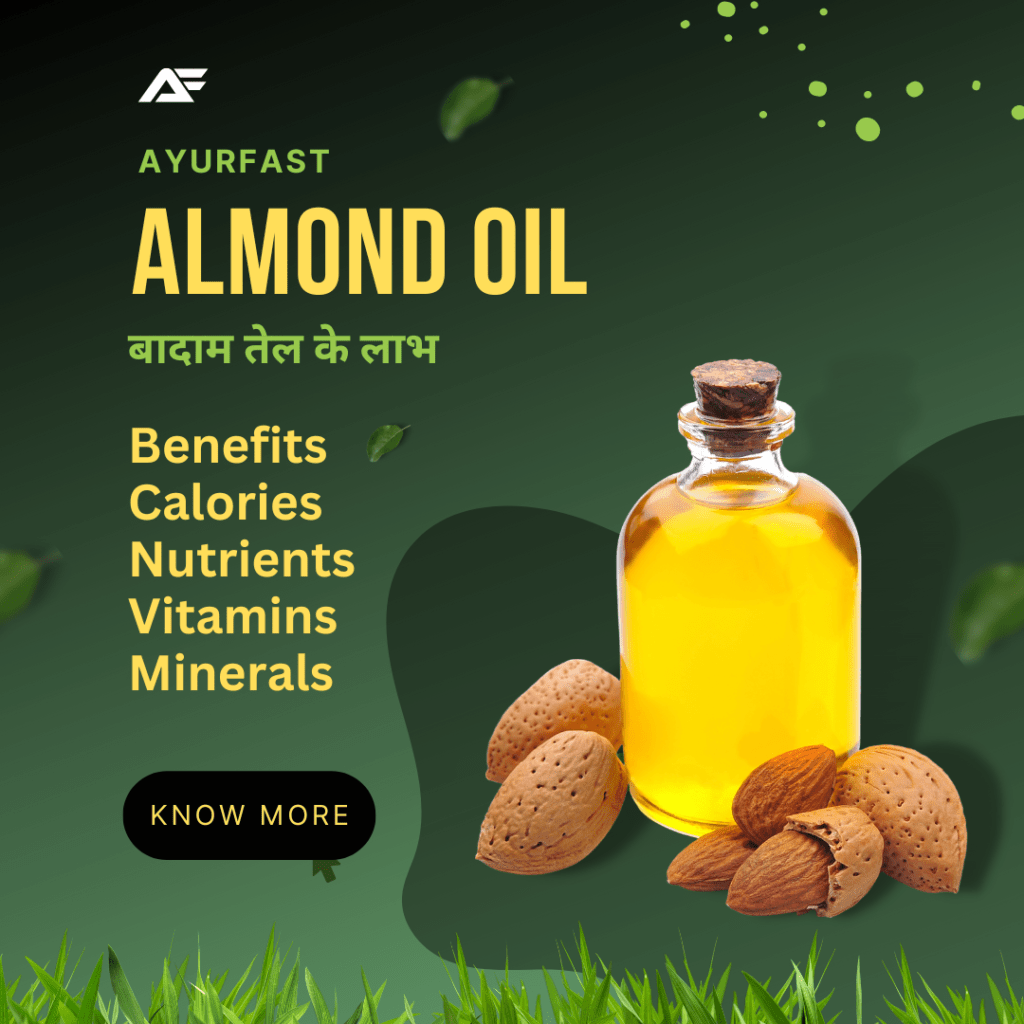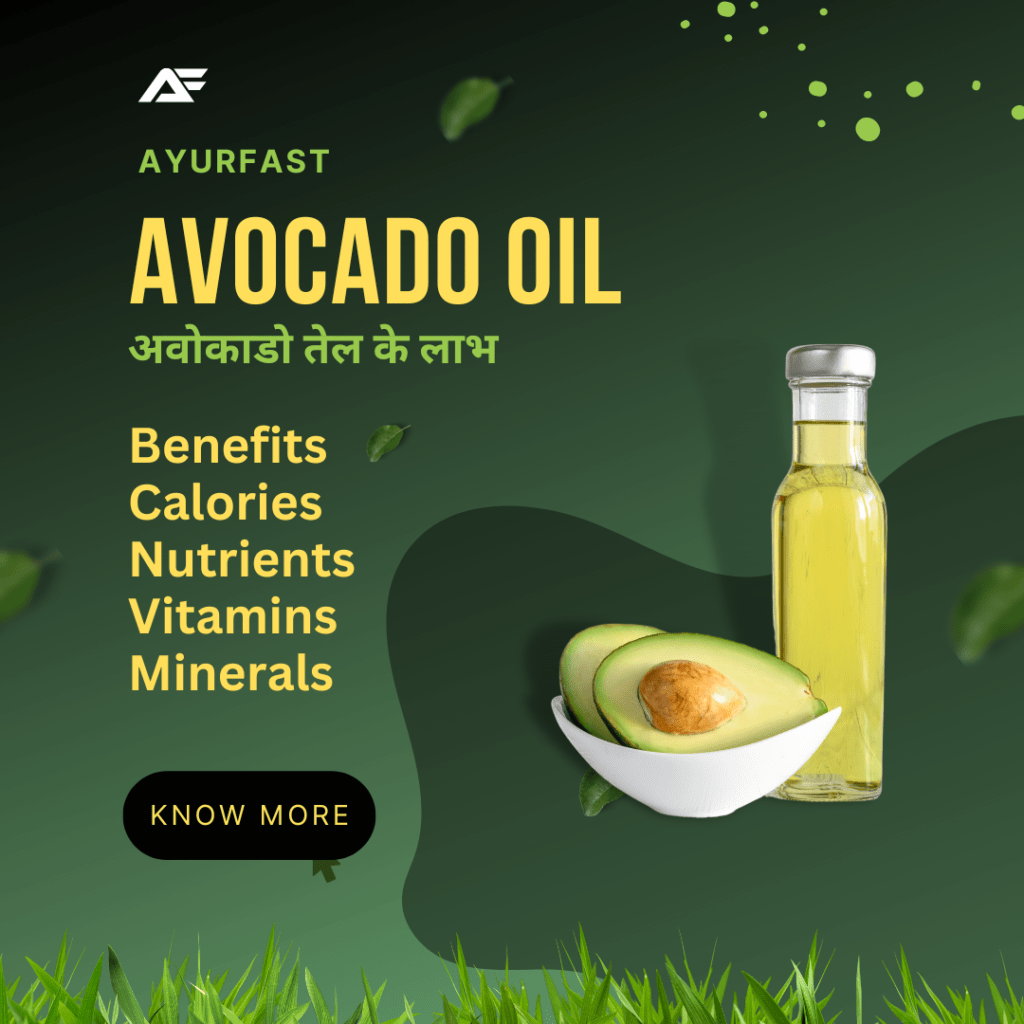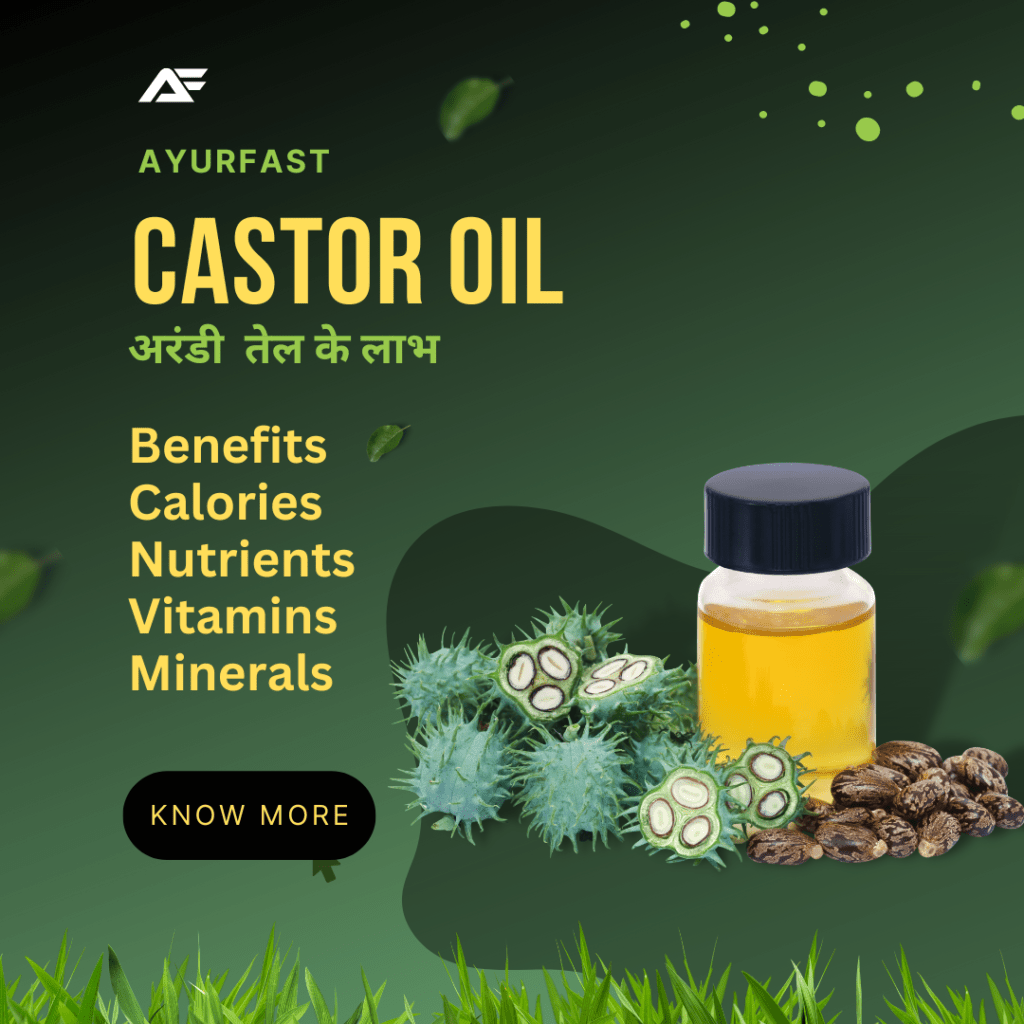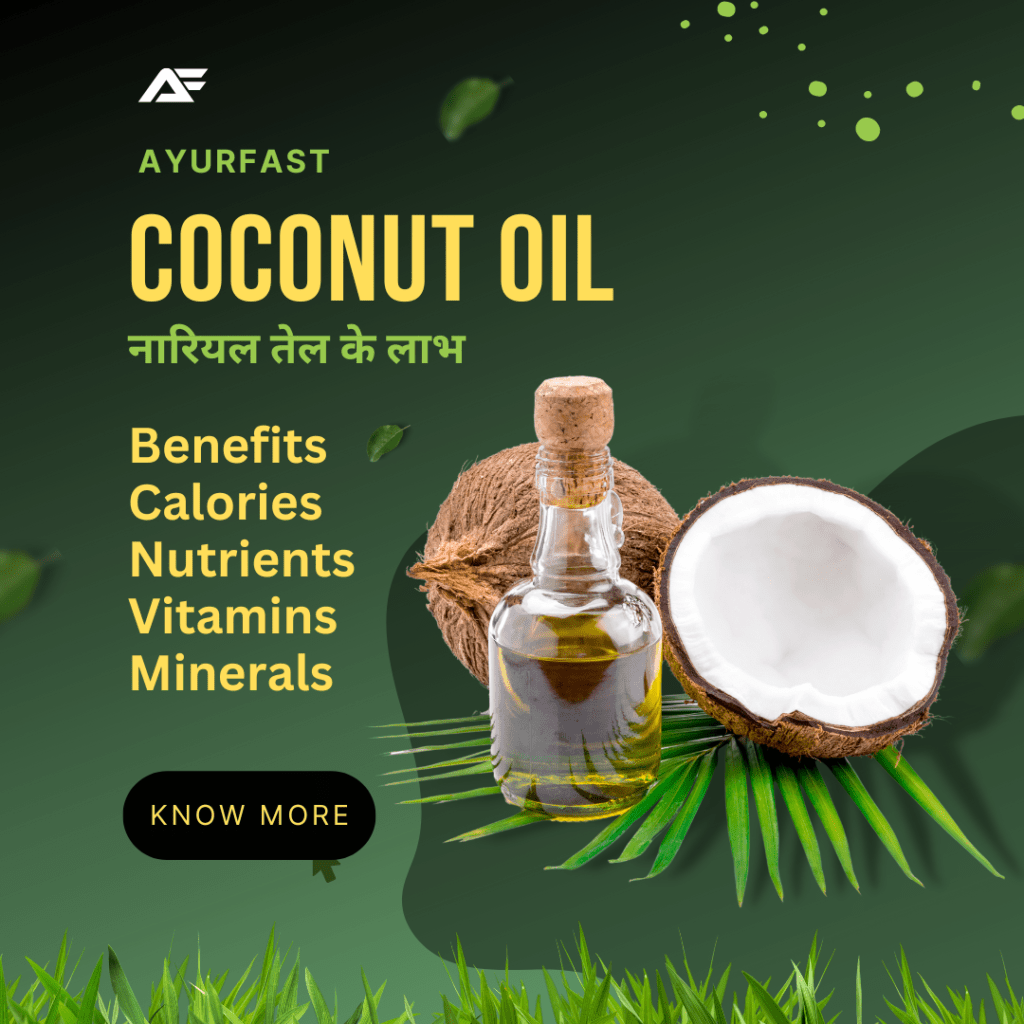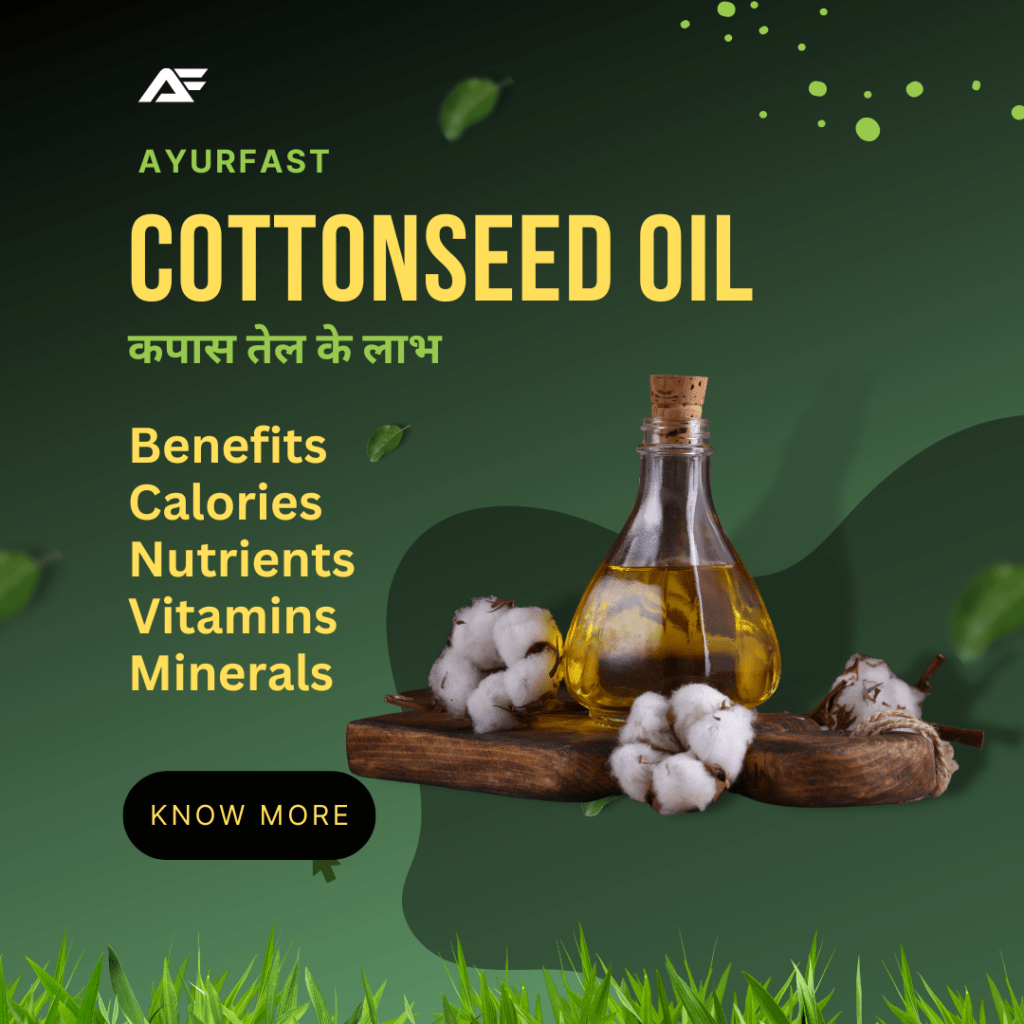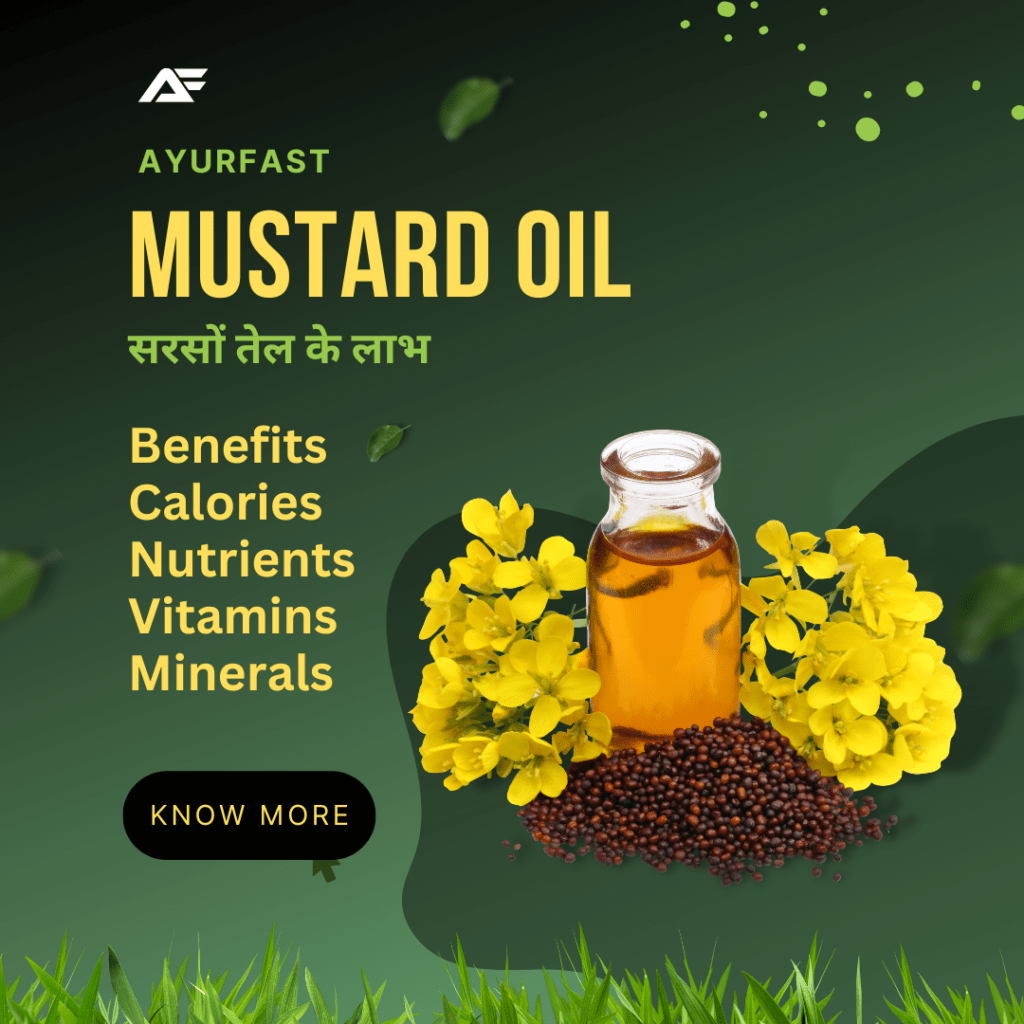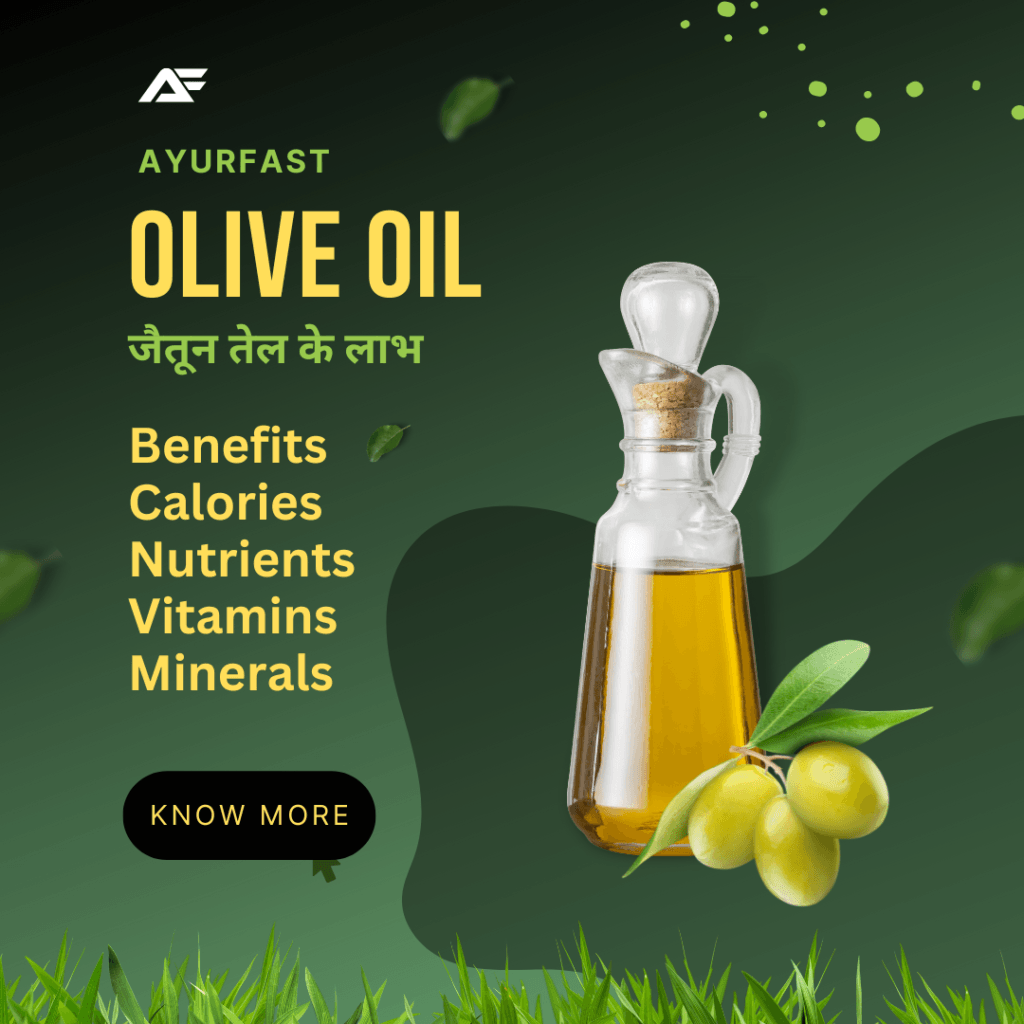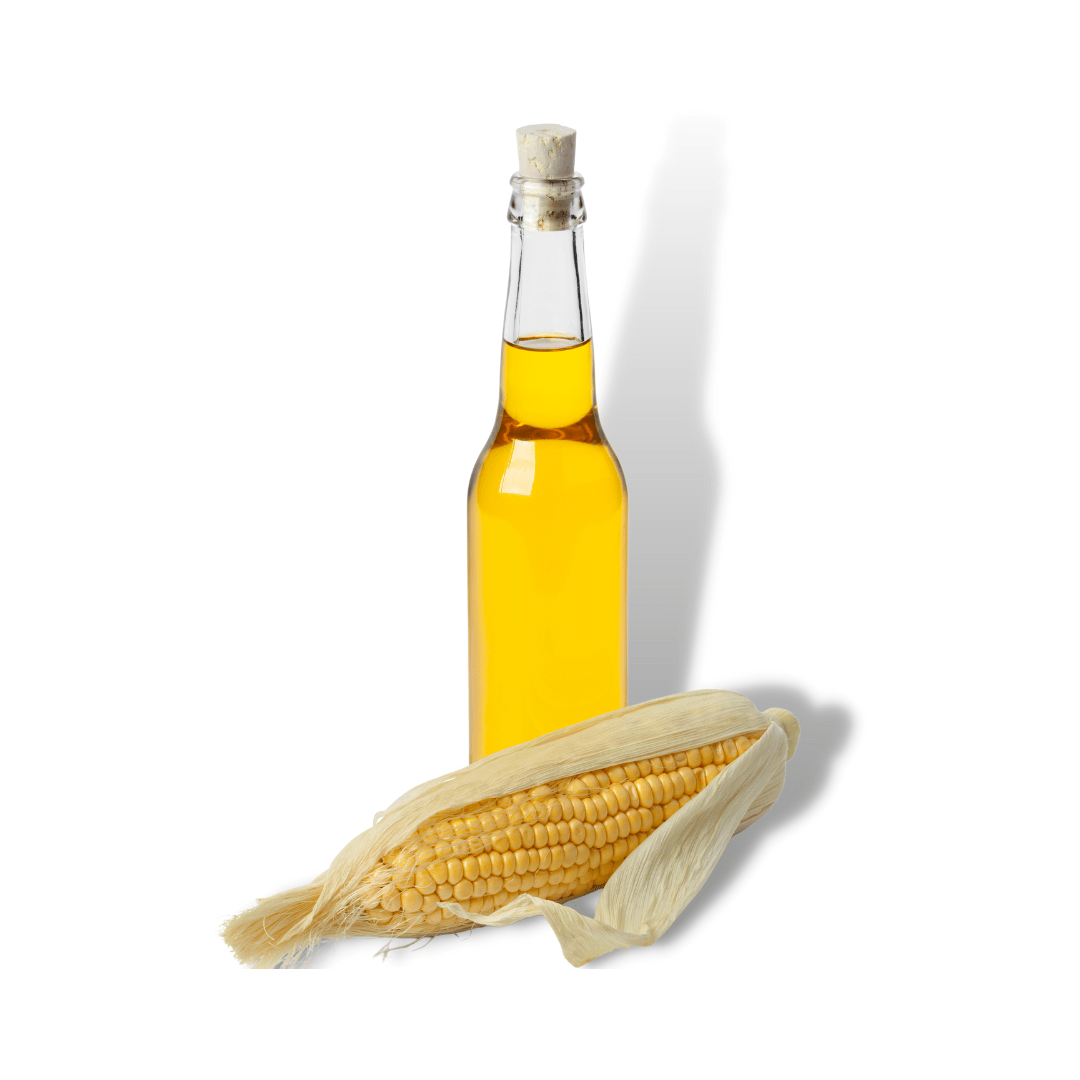
About
Corn oil is a type of vegetable oil that is extracted from the germ of corn. It has a neutral taste and is widely used in cooking and frying. Below are the details you asked for:
Health benefits of corn oil:
- Contains a high amount of healthy unsaturated fats, which help to lower cholesterol levels and reduce the risk of heart disease.
- Rich in Vitamin E, which acts as an antioxidant and helps to protect cells from damage caused by free radicals.
- Contains phytosterols that help to lower the absorption of cholesterol in the body, reducing the risk of heart disease.
- Helps to promote healthy skin and hair due to its high content of Vitamin E.
- Contains Omega-6 fatty acids that support brain function and growth.
Health losses of corn oil:
- High in calories and fat, which can lead to weight gain if consumed in excess.
- Overconsumption of corn oil may increase the risk of obesity, heart disease, and other health problems.
- Consumption of refined corn oil can lead to an increase in inflammation in the body.
Preparation method:
- Corn oil is extracted from the germ of corn through a mechanical or chemical process.
List of treatments it can be used:
- Frying and cooking
- Salad dressings
- Baking
- Mayonnaise
- Margarine
Harms of overdose:
- Overconsumption of corn oil can lead to weight gain, which can increase the risk of obesity and related health problems.
- Corn oil is high in calories and fat, so excessive consumption can also increase cholesterol levels, leading to heart disease.
- Consumption of refined corn oil can increase inflammation in the body, which can lead to chronic health problems.
Per day maximum consumption chart (50g serving size):
- Child: 10g
- Adult Man: 25g
- Adult Woman: 20g
Energy and Macronutrients Content of Corn oil (per 50g serving)
| Macro Nutrient | Amount per 50g |
|---|---|
| Calories | 440 |
| Total Fat | 50g |
| Saturated Fat | 7g |
| Monounsaturated Fat | 24g |
| Polyunsaturated Fat | 17g |
| Trans Fat | 0g |
| Carbohydrates | 0g |
| Fiber | 0g |
| Protein | 0g |
| Water | 0g |
Vitamin Content of Corn oil (per 50g serving)
| Vitamin | Amount per 50g |
|---|---|
| Vitamin A | 0mcg |
| Vitamin B1 (Thiamin) | 0mg |
| Vitamin B2 (Riboflavin) | 0mg |
| Vitamin B3 (Niacin) | 0mg |
| Vitamin B6 | 0mg |
| Vitamin B12 | 0mcg |
| Vitamin C | 0mg |
| Vitamin D | 0mcg |
| Vitamin E | 7.5mg |
| Vitamin K | 0mcg |
| Folate | 0mcg |
| Biotin | 0mcg |
Mineral Content of Corn oil (per 50g serving)
| Mineral | Amount per 50g |
|---|---|
| Calcium | 0mg |
| Iron | 0mg |
| Iodine | 0mcg |
| Zinc | 0mg |
| Magnesium | 0mg |
| Phosphorus | 0mg |
| Potassium | 0mg |
| Sodium | 0mg |
| Chloride | 0mg |
| Copper | 0mg |
| Chromium | 0mcg |
| Fluoride | 0mcg |
| Molybdenum | 0mcg |
| Manganese | 0mg |
| Selenium | 0mcg |
What is Corn oil?
Corn oil is a type of vegetable oil that is extracted from the germ of corn.
Is Corn oil healthy?
Corn oil can be a healthy addition to your diet if consumed in moderation. It is rich in healthy fats and contains vitamin E.
Can Corn oil lower cholesterol levels?
Yes, Corn oil contains plant sterols that can help to lower cholesterol levels in the body.
How is Corn oil produced?
Corn oil is produced by crushing the germ of corn kernels and then extracting the oil through a combination of heat and pressure.
Can Corn oil be used for cooking?
Yes, Corn oil is a popular cooking oil due to its high smoke point and mild flavor.
Is Corn oil suitable for frying?
Yes, Corn oil has a high smoke point and can be used for frying at high temperatures.
Can Corn oil be used for baking?
Yes, Corn oil can be used as a substitute for butter or other oils in baking recipes.
What are the health benefits of Corn oil?
Corn oil contains healthy unsaturated fats, vitamin E, and plant sterols that can help to lower cholesterol levels and reduce the risk of heart disease.
Can Corn oil cause allergies?
Some people may have an allergic reaction to Corn oil, especially if they are allergic to corn or other grains.
What is the shelf life of Corn oil?
The shelf life of Corn oil varies depending on how it is stored, but it typically lasts for several months when stored in a cool, dark place.
How should Corn oil be stored?
Corn oil should be stored in a cool, dark place to prevent it from going rancid.
Can Corn oil be used for skincare?
Yes, Corn oil can be used as a natural moisturizer for the skin.
Is Corn oil vegan?
Yes, Corn oil is a vegan-friendly option for cooking and baking.
Can Corn oil be used in salad dressings?
Yes, Corn oil can be used as a base for homemade salad dressings.
How does Corn oil compare to other vegetable oils?
Corn oil is a good source of healthy fats, but it is lower in omega-3 fatty acids than some other vegetable oils like flaxseed or canola oil.
Can Corn oil be used for hair care?
Yes, Corn oil can be used as a natural hair conditioner to help nourish and hydrate the hair.
Does Corn oil have any negative health effects?
Corn oil is generally safe to consume in moderation, but consuming large amounts may increase the risk of inflammation and other health issues.
What are the different types of Corn oil?
There are several different types of Corn oil, including refined, unrefined, and expeller-pressed.
How does Corn oil affect blood sugar levels?
Corn oil has a low glycemic index, which means it can help to regulate blood sugar levels.
Can Corn oil be used for making popcorn?
Yes, Corn oil is a popular choice for making popcorn at home due to its high smoke point and mild flavor.

